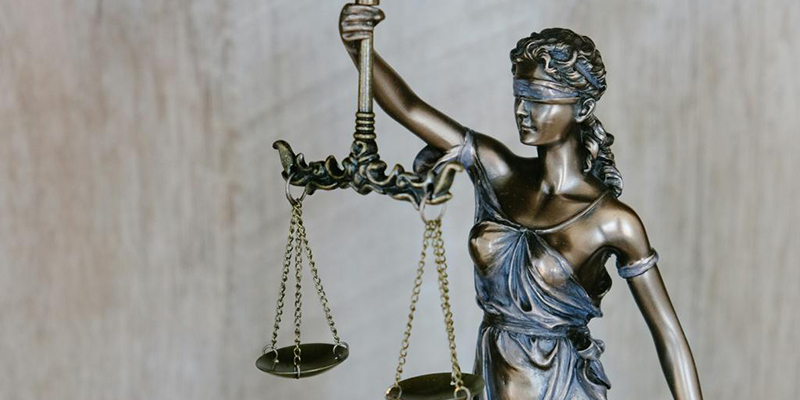Prioritising Women, Peace and Security: Gender Persecution as a Crime against Humanity – A Geneva Security Debate
At a time when ‘generational gains in women’s rights hang in the balance’, Geneva-based leaders are joining forces to ensure that the Women Peace and Security Agenda is strengthened rather than eroded. Ambassador Thomas Greminger, Executive Director of the Geneva Centre for Security Policy (GCSP), and Madeleine Rees, Secretary General of the Women’s International League for Peace and Freedom (WILPF), will co-chair a new International Gender Champions Impact Group which will:
- Facilitate dialogue and strengthen international cooperation between member states, international organisations and civil society to improve coherence and ensure prioritisation of the WPS agenda within Geneva.
- Support the implementation of the Global Compact on Women Peace and Security and Humanitarian Action and encourage more actors to become signatories and make commitments.
- Collectively develop evidence-based recommendations and policy language that promote a human rights-based approach to conflict prevention, integrating the perspectives of diverse stakeholders.
At this launch event, the Impact Group will share the objectives of the group and outline key areas of intentional and unintentional backsliding, then discuss the implications of the upcoming International Criminal Court (ICC) ruling in the case of Prosecutor v Al Hassan Ag Abdoul Aziz Ag Mahomed Ag Mahmoud.
The Al Hassan case represents the ICC’s first-ever prosecution of the crime against humanity of persecution on grounds of gender, found in Article 7(1)(g) of the ICC’s Rome Statute. The Office of the Prosecutor alleged that sexual and gender-based offences – including rape, sexual slavery, forced marriage and gender persecution – took place during the ten-month occupation of the Malian city of Timbuktu by two armed groups, Ansar Dine and Al-Qaeda in the Islamic Maghreb (AQIM) in 2012-2013. The defendant was a prominent figure during this period, serving as a member of Ansar Dine and de facto chief of the Islamic police.
The ICC Trial Chamber is expected to render its verdict in the Al Hassan case in the coming months. If the defendant is found guilty, the judgment has the potential to be a watershed moment in the recognition of gender persecution during conflict, as well as the underlying discrimination that leads to such acts. What consequences could a conviction have on future criminal cases addressing sexual and gender-based crimes (e.g. in Afghanistan, Syria and Myanmar)? Could this pave the path to eliminating widespread discrimination and cycles of violence? If the defendant is acquitted, what further evidence is needed for heightened criminal accountability, increased sensitivity to victims, and expanded judicial capabilities to eliminate widespread discrimination and cycles of violence? What processes need to be strengthened for such evidence to be collected and used in Court?
Opening Remarks
- Ambassador Thomas Greminger, Executive Director of the Geneva Centre for Security Policy (GCSP)
- Madeleine Rees, Secretary General of the Women’s International League for Peace and Freedom (WILPF)
Speakers
- Ambassador Nathalie Chuard, Director, Geneva Centre for Security Sector Governance (DCAF)
- Esther Dingemans, Executive Director, Global Survivors Fund (GSF)
- Samuel Emonet, Executive Director, Justice Rapid Response (JRR)
- Ambassador Claudia Fuentes Julio, Permanent Representative of Chile to the United Nations Office and other international organisations in Geneva
- Fleur Heyworth, Head of Gender and Inclusive Security, Geneva Centre for Security Policy (GCSP) and Head, International Gender Champions (IGC) Secretariat
- Phil Lynch, Director, International Service for Human Rights (ISHR)
- Catherine Marchi-Uhel, Head, International, Impartial and Independent Mechanism on Syria (IIIM)
- Valerie Oosterveld, Special Adviser on Crimes Against Humanity to the Prosecutor of the International Criminal Court (ICC), Western Research Chair in International Criminal Justice and Professor at the Faculty of Law, University of Western Ontario in Canada
- Adriana Quiñones, Head of Human Rights and Development and Deputy Head, UN Women Geneva Office


